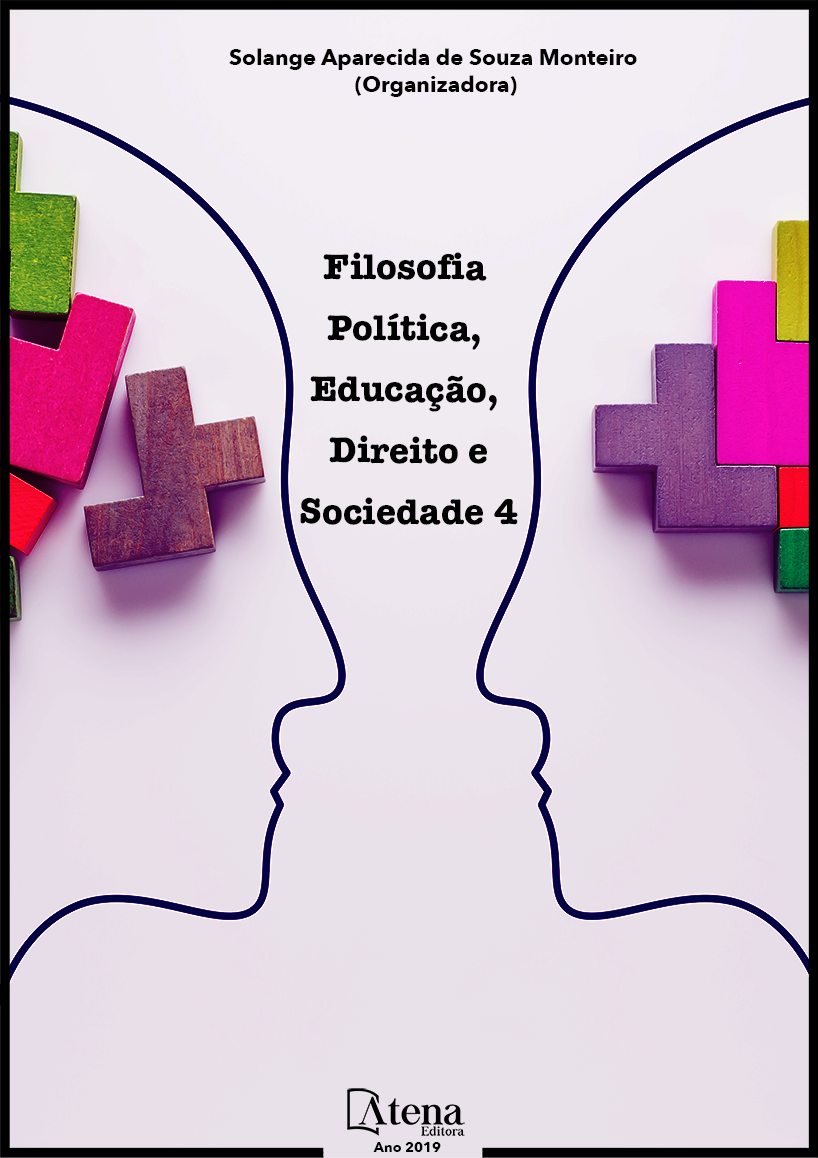
A avaliação da oralidade em aulas de língua portuguesa do ensino médio
Nesta pesquisa procurou-se
responder à seguinte pergunta: Como os
professores avaliam o aprendizado da
oralidade de seus alunos durante as aulas
de língua portuguesa do ensino médio? Os
objetivos específicos eram: 1) investigar
como os professores concebem o ensino e a
avaliação da oralidade; 2) identificar as metas
de aprendizagem para a oralidade apontadas
no planejamento; 3) analisar a execução, em
sala de aula, de atividades de avaliação da
oralidade. Levantou-se a hipótese de que a
avaliação da oralidade ainda é pouco presente
nas aulas de língua portuguesa do ensino
médio, e quando acontece, é feita de forma
pontual e assistemática, geralmente a serviço
da aprendizagem de outros conteúdos. Para
fundamentar a pesquisa, foram utilizados estudos
de diversos autores, como: Dolz, Noverraz e
Schneuwly (2004), Melo e |Cavalcante (2007,
2012), Suassuna (2006), Ferreira e Leal (2007).
Em termos metodológicos, empregaramse
três instrumentos de coleta de dados:
entrevista, análise documental e observação
de aulas de dois docentes. A análise dos
dados apontou que os professores observados
realizavam práticas avaliativas sistemáticas de
oralidade, usando critérios e instrumentos bem
definidos. Porém, Sílvio realizou uma avaliação
predominantemente formativa, através do
acompanhamento constante dos alunos ao
longo de uma sequência didática, ao passo
que Kássia realizou uma avaliação somativa,
a serviço da verificação da aprendizagem de
outros conteúdos, caracterizando uma avaliação
mais próxima do paradigma tradicional. Dessa
forma, ressalta-se a urgência de mais pesquisas
sobre essa temática, para esclarecer alguns
dados que este estudo não tenha conseguido
contemplar.
A avaliação da oralidade em aulas de língua portuguesa do ensino médio
-
DOI: 10.22533/at.ed.97119040221
-
Palavras-chave: Avaliação. Oralidade. Ensino Médio.
-
Keywords: Evaluation. Orality. High school.
-
Abstract:
In this research we tried to
answer the following question: How do teachers
evaluate the oral learning of their students during
Portuguese language classes in high school?
The specific objectives were: 1) to investigate
how teachers conceive the teaching and
evaluation of orality; 2) to identify the learning
goals for orality identified in the planning; 3) to
analyze the execution, in the classroom, of oral
assessment activities. It was hypothesized that
the evaluation of orality is still not very present in
the Portuguese language classes of high school,
and when it happens, it is done in a punctual and
unsystematic way, usually in the service of learning other contents. In order to base the
research, we used studies of several authors, such as: Dolz, Noverraz and Schneuwly
(2004), Melo and | Cavalcante (2007, 2012), Suassuna (2006), Ferreira and Leal
(2007). Methodologically, three instruments of data collection were used: interview,
documentary analysis and observation of classes of two teachers. The analysis of the
data showed that the observed teachers performed systematic evaluative practices
using well defined criteria and instruments. However, Sílvio carried out a predominantly
formative evaluation, through the constant monitoring of the students along a didactic
sequence, while Kássia performed a summative evaluation, in the service of verifying
the learning of other contents, characterizing a closer assessment of the traditional
paradigm. Thus, it is important to highlight the urgency of further research on this topic,
in order to clarify some data that this study has not been able to contemplate.
-
Número de páginas: 15
- Flávia Barbosa de Santana Araújo


